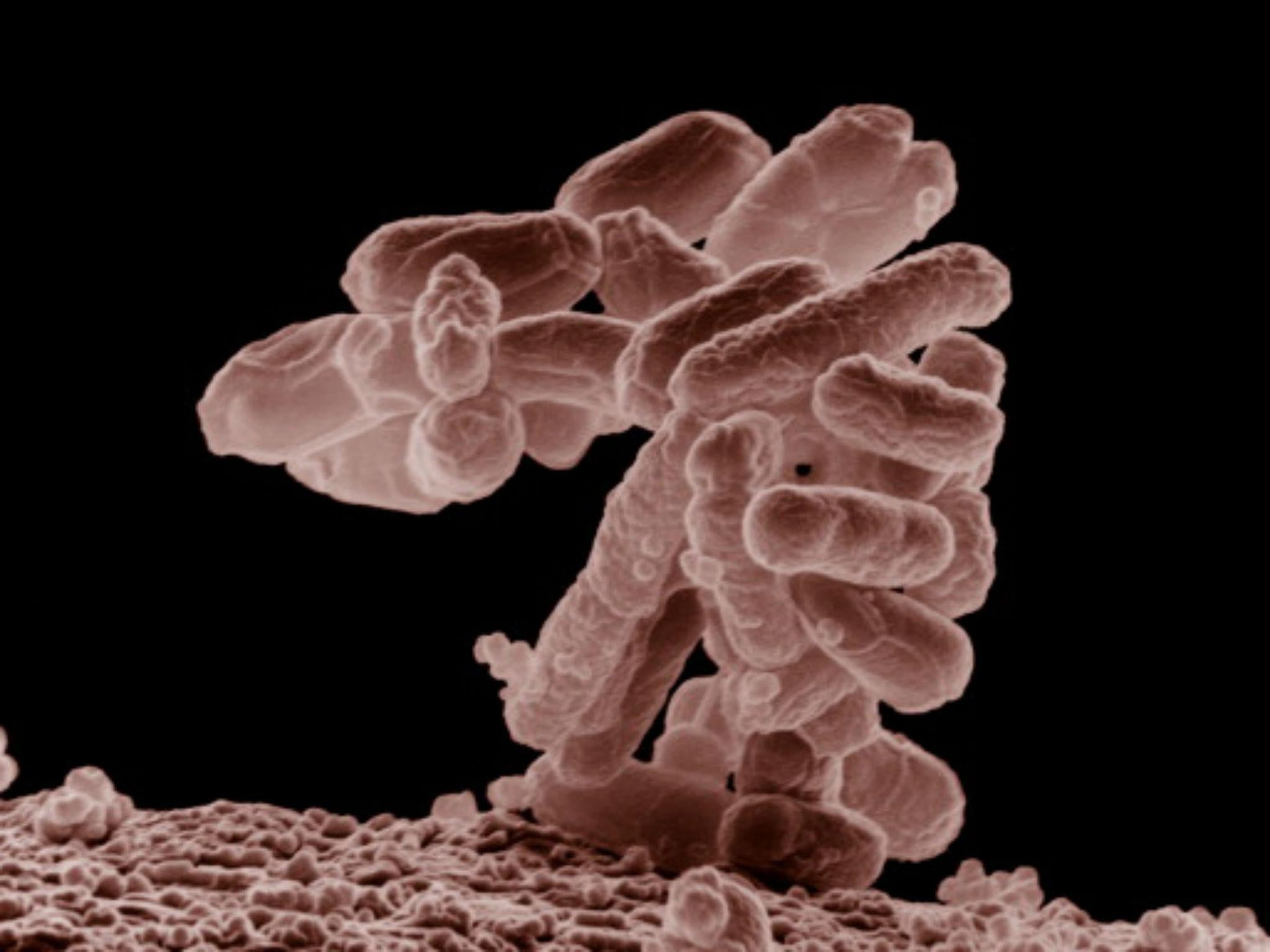Child dies in E. coli outbreak linked to blue cheese in Scotland
Twenty people have so far contracted the same strain of E.coli

A child has died after becoming infected with E.coli linked to a brand of blue cheese.
A multi-agency incident management team (IMT) chaired by Health Protection Scotland was investigating an outbreak of the same strain of E.coli O157 in which 20 people were infected.
It found those affected had consumed Dunsyre Blue, made by Lanarkshire-based Errington Cheese, before they became unwell.
IMT chair Dr Alison Smith-Palmer said: "On behalf of the IMT, I would like to take this opportunity to extend our deepest sympathies to the family of the child who has died.
"Our thoughts are with them at this time and we ask that their privacy be respected.
"All confirmed cases became unwell prior to the end of July.
"As there have been no new cases since then, the IMT will now stand down and work to produce its final report."
A total of 11 of those infected were treated in hospital.
The outbreak initially affected 16 people, who developed symptoms between July 2 and 15.
The majority of cases had consumed the blue cheese while eating out but the company carried out a voluntary recall of suspected batches and advised consumers who had bought batches of the product between mid-May and the end of July not to eat it.
Of the initial 16 cases, 14 were in Scotland across seven NHS boards and two were in England.
Health Protection Scotland said that despite extensive investigation no link to a majority of cases other than the cheese could be established.
No new cases have been identified for several weeks and no-one has fallen ill since the voluntary recall on July 29.
A final report into the incident could take up to six months to be finalised.
E.coli O157 infection can occur after eating food or drinking water that is contaminated with the faeces from infected animals, or from contact with animals or their environments.
Press Association
Subscribe to Independent Premium to bookmark this article
Want to bookmark your favourite articles and stories to read or reference later? Start your Independent Premium subscription today.

Join our commenting forum
Join thought-provoking conversations, follow other Independent readers and see their replies